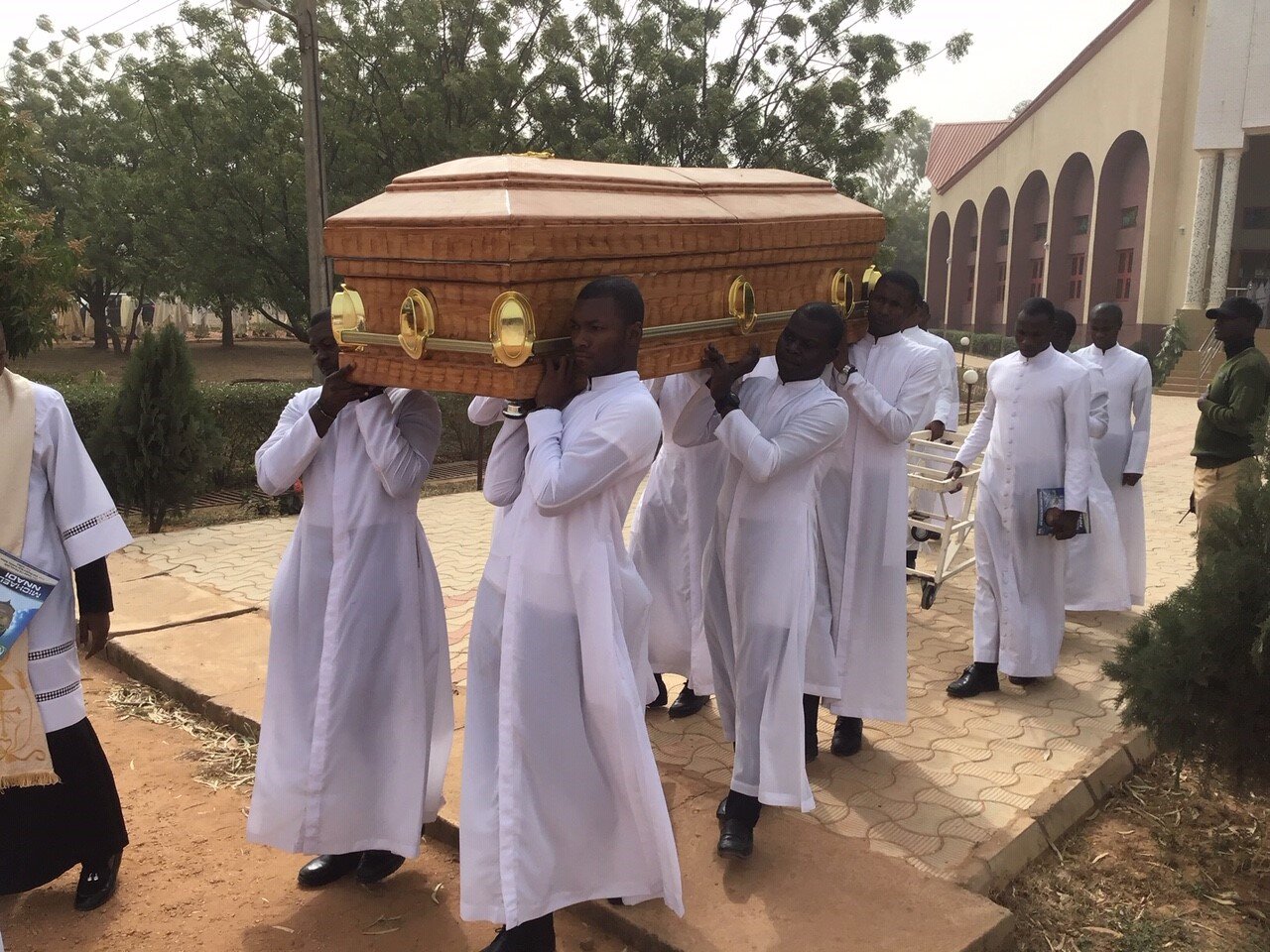
A major new report highlights the worsening situation for religious freedom around the world.
The newly released 2023 report by the United States Commission on International Religious Freedom (USCIRF), echoes the concerns of UK-based Release International, that Nigeria and India should be designated countries of particular concern.
Release International said it welcomes the report but urges USCIRF to further investigate the rising tide of violence in Nigeria by Fulani militia, often aimed at Christian communities.
The USCIRF report, ‘sounds the alarm regarding the deterioration of religious freedom conditions in a range of countries.’
It adds five countries to its list of the world’s worst offenders and presses the influential US State Department to declare them countries of particular concern (CPCs).
Those five additional countries are Nigeria, India, Afghanistan, Syria, and Vietnam.
Nations already on the US State Department’s list of CPCs are Burma, China, Cuba, Eritrea, Iran, Nicaragua, North Korea, Pakistan, Russia, Saudi Arabia, Tajikistan, and Turkmenistan.

The dropping of religious education from the Junior Cycle Guidelines for Well-being is a real loss for students, according to a DCU academic.
In episode 5, Dr Meehan said when the Guidelines for Well-being were published in 2015, it made room for the subject of religious education as a legitimate contributor towards student wellbeing. “Things like learning, about inspirational figures, religious figures from the past, concepts like stewardship of the environment, communities of faith, they were all legitimate subject areas for well-being”, she said.
However, in the revised guidelines, published last year, “there was no mention of religious education as a subject which might contribute towards the well-being of the child, despite the clause in that definition I shared earlier about the sense of purpose and belonging to a wider community and there is a real loss in that because the majority of scientific studies show that religious involvement correlates with a whole slew of indicators of good health”.
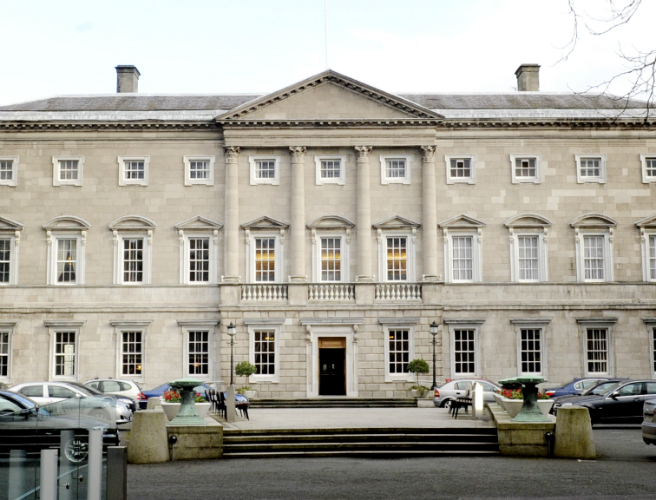
A bill to remove virtually all remaining restrictions on abortion has been proposed by People Before Profit TD, Brid Smith. It aligns with the recommendations of the abortion law review which has been sharply criticised by pro-life groups.
The bill, which they are calling the Pro-Choice Bill, will be given its second stage reading in the Dáil on Thursday 25th May, the 5th Anniversary of the repeal of the right to life of the unborn.
The draft text would abolish the 3-day waiting period, which they call “patronising and unnecessary”.
It would also remove the 12 week time limit for accessing an abortion on request; it would extend the 28-day mortality limit in cases of a serious life-limiting condition to one year; and it would remove the criminal penalties for illegal abortions.
In an email to supporters, Deputy Smith said the current legislation creates a two-tier system where only those who can afford to travel for healthcare can access terminations that are otherwise denied to them.
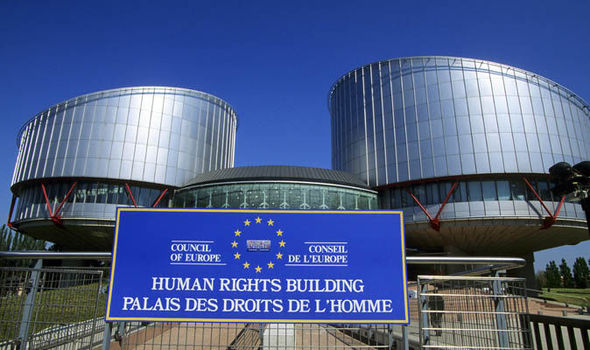
A Christian hybrid school provider, based in Laichingen, Germany, is challenging the German state’s restrictive educational system with European Court of Human Rights after it had its accreditation denied.
After the initial application in 2014, the Association for Decentralized Learning was denied approval to offer primary and secondary education by German authorities, despite fulfilling all state-mandated criteria and curricula. The school run by the Association is based on an innovative and increasingly popular model of hybrid education with both in school and at home learning.
“The right to education includes the right to embrace innovative approaches like hybrid schooling. By restricting this educational model, the state is violating the right of German citizens to pursue education that conforms with their convictions,” stated German lawyer Dr. Felix Böllmann, Director of European Advocacy for ADF International, who filed the case at the ECtHR.
“When it comes to the requirement of physical presence, Germany has one of the most restrictive educational systems in the world. The fact that an innovative school based on Christian values has been denied recognition is a serious development worthy of scrutiny by the Court. The case brings to light the egregious issues with educational freedom in the country,”
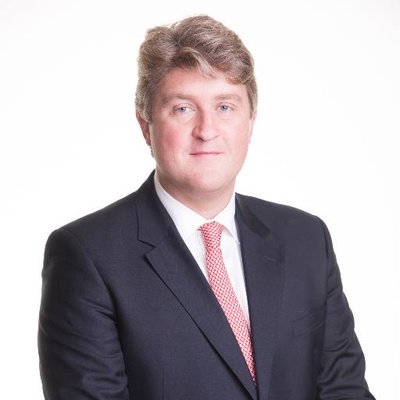
Clare TD Michael McNamara has said that he sees how Ireland’s proposed hate speech laws “could be open to abuse”.
The controversial legislation currently making its way through the Oireachtas would make it an offence for a person to “prepare or possess” material on their computer that could incite ‘hatred’ against a person of protected characteristics.
Speaking to The Irish Catholic newspaper, Mr McNamara said “If it was just a diary, or you’re noting down your own thoughts, if they are directed at one of the groups that are protected by this act, it could be considered hate speech and then you could be prosecuted under it.
“I have a problem with that…I don’t necessarily agree with the views that people might have, but I think prosecuting them for merely having the views is a step that I would be uncomfortable with and it seems to me from having listened to the debate that that is a possibility, albeit perhaps an unintended possibility, but nevertheless a possibility and that’s indicative to me of how broadly drafted it is and that’s why I’m concerned,” he said.
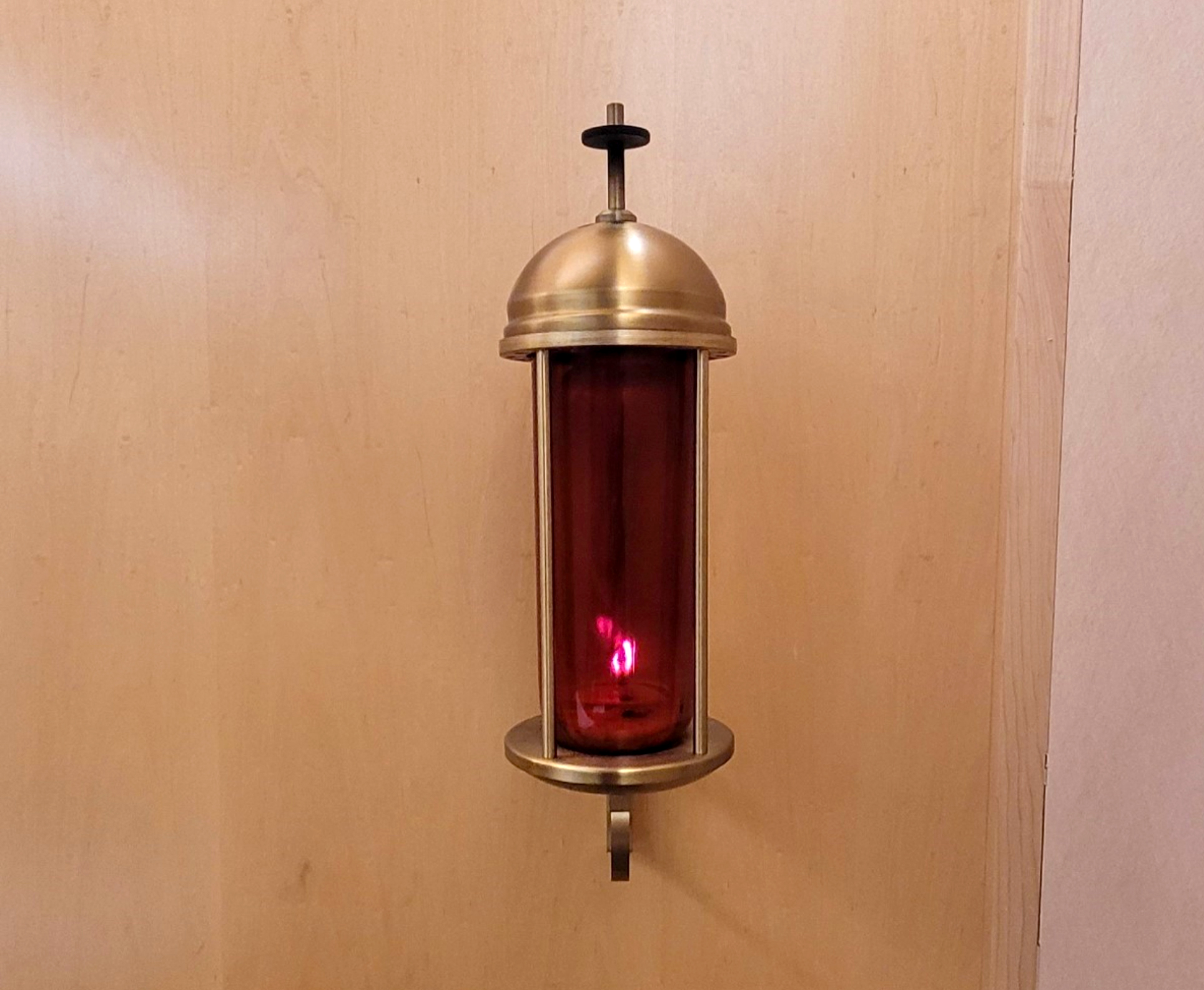
A Catholic hospital system in Oklahoma is contesting US federal officials’ demand that it must extinguish an enclosed tabernacle candle in its chapel or lose accreditation and its ability to serve patients.
A Government contractor responsible for accrediting hospitals deemed that it represented a fire hazard.
This is despite the candle being encased in glass, twice over, and topped with a brass cap, firmly affixed to the wall of the chapel.
Church law requires the presence of a lit candle to signify the real presence of Christ in the tabernacle.
Removal of the candle would also necessitate removing the tabernacle and stopping the conduct of mass at the site.
“We’re being asked to choose between serving those in need and worshiping God in the chapel, but they go hand in hand,” said a representative of the hospital.
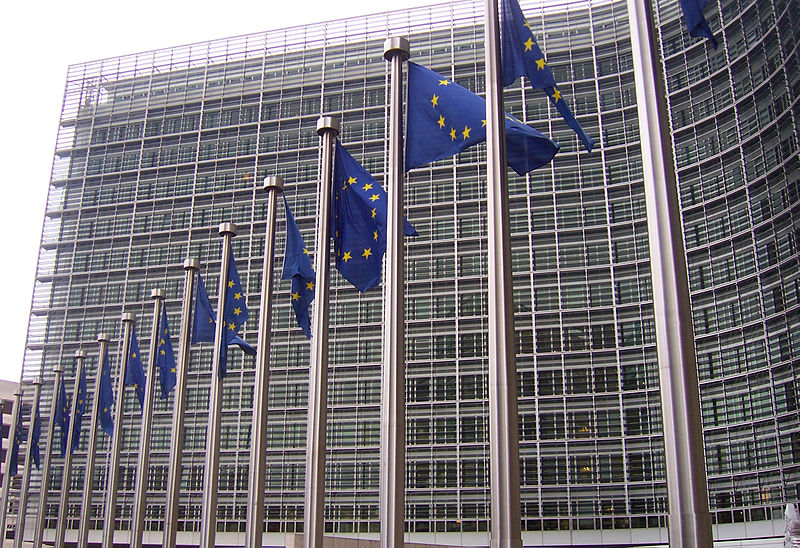
An art exhibit at the European Union’s Parliament building in Brussels has prompted criticism from politicians in Italy for its display of what they say is a blasphemous depiction of Jesus Christ and the apostles.
The artwork, a series of photographs by Swedish photographer Elisabeth Ohlson, includes one of a man who is meant to represent Christ wearing a white robe and a halo made out of stars above his head. The man is surrounded by seven men who are wearing leather-based fetish clothing.
Ohlson said the photographs are meant to depict Christ supporting homosexual rights.
Some Italian lawmakers took to social media to voice their objections.
“Art?” Italian Deputy Prime Minister Matteo Salvini said in a Facebook post. “No, just vulgarity and disrespect.”
Italian MEP, Jorge Buxadé, called the display “disgusting and miserable” in a Tweet.
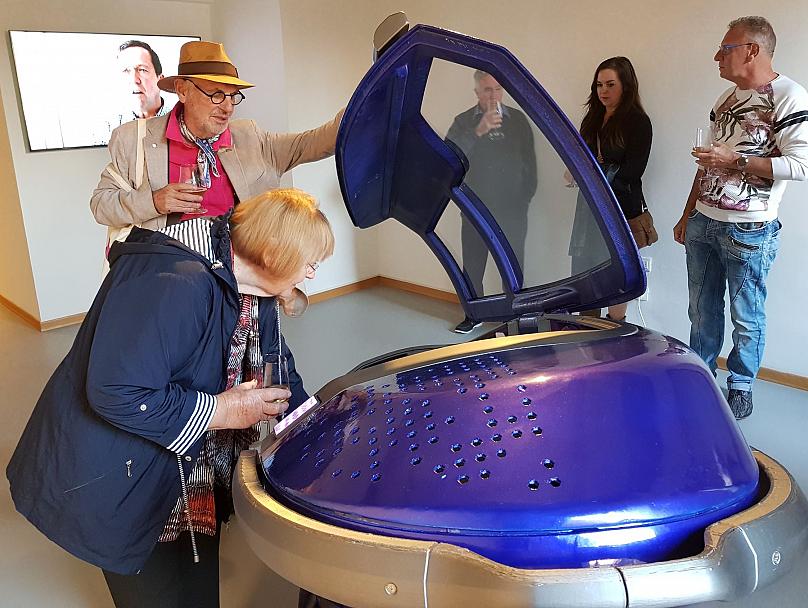
The US state of Vermont removed its residency requirement for assisted suicide on Tuesday, officially opening the door for any American to travel to the state to end their life.
Nine other states allow the practice of assisted suicide, but Vermont is the first to actively change its law to strip the residency requirement. Oregon, which also allows assisted suicide, agreed to stop enforcing its residency requirement as part of a settlement to a lawsuit that alleged the requirement is unconstitutional. Advocates of assisted suicide thought it discriminatory.
Vermont had a similar process to Oregon’s. In March, before the Vermont legislature and Republican governor Phil Scott acted in concert to change the law, the state had come to a settlement with a Connecticut woman dying of cancer. She would be the first non-Vermonter to be able to take advantage of Vermont’s assisted suicide law provided she complied with other aspects of the law.
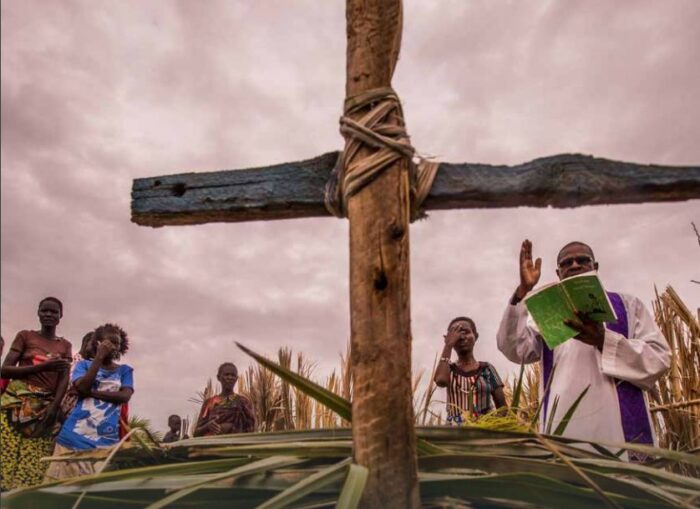
The federal government of Nigeria should establish an interreligious commission to handle atrocities stemming from religious conflicts and persecution, says the Kukah Center.
The policy research institute is founded by Bishop Matthew Hassan Kukah of the Nigerian Catholic Diocese of Sokoto.
The recommendation comes at the end of a 32-page report detailing the latest incidents of kidnapping and violence aimed at the Christian community in Nigeria.
“Christians have been disproportionately targeted both in terms of marginalisation, exclusion, and physical violence,” says the report.
Many Christian communities are becoming “soft spots” for violent attacks because of the “government’s failure to nip the crisis in the bud,” the report says.
“Their susceptibility is worsened with an utter deprivation of basic amenities such as good access [to] roads, potable water, hospitals, schools, etc. Christians are subjected to the Sharia law, mob killings, forceful conversion to Islam, violent extremism, kidnappings, rape, child labor, human trafficking, and other human rights-related abuses. But the various arms and tiers of the government have shown complacency amid the increasing rate of these forms of violations against Christians.”

Surrogacy advocates have called on the Government to allow Irish parents to compensate surrogates financially when having children through surrogacy abroad.
The request to avoid blocking compensation being paid to surrogates was one of three concerns with the legislation raised by IFTS in advance of a Dáil debate on proposed legislation. The group also called for greater protection for Irish LGBTQ+ couples seeking to have children via surrogacy in the form of an amendment to the Government’s proposal of creating a green list of countries.